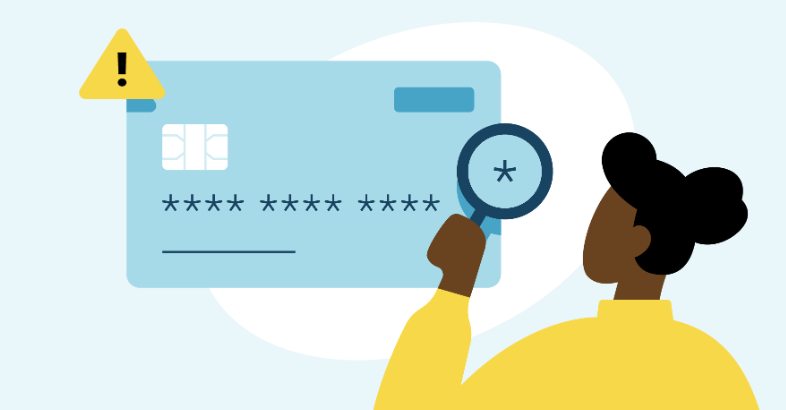A Step-by-step Guide How to Register For a Credit Privacy Number
Protecting identity and maintaining privacy while applying for credit is important for people but most of them face so many intricacies while achieving this. To simplify it and safeguard their privacy, they use a credit privacy number (CPN). This nine-digit number comes into use for various purposes and its ethical implications and legality are provocative.
Rebuilding credit history and repairing poor credit can be made simpler through a CPN. In the modern era, CPNs are emerging as the ultimate solution for those who have a bad credit history. It is noticeable that the use of this number can be controversial and it often comes with questionable and unethical practices, therefore, gaining in-depth insights into the legal implications is highly indispensable.
Many of us might be unaware of the fact that registering CPN can be made easier with the IRS. Without any difficulty, one can complete the registration process with the help of the IRS. Let’s delve into how to ease the registration process and how handy the services of the IRS can be.
A multitude of benefits that people get by registering CPN with the IRS
Separation of identity:
Registering a CPN is extremely useful for establishing a legal separation between personal identity and CPN which is highly advantageous for liability protection.
Business opportunities:
People looking for an excellent way to start a business can register a CPN and ease the process of getting an Employer Identification Number (EIN) which is necessary for business transactions and tax purposes.
Credit Building:
With a registered CPN, one can apply for loans, and credit cards, and build a credit profile without any use of SSN. With no hard effort, one can reap various benefits by registering CPN with the IRS.
Comprehensive privacy:
It is correct that bountiful people are concerned about identity theft and they never disclose their SSN. When they register a CPN, they get the utmost layer of privacy.
Baffled about how to register CPN with IRS legally and what the overall cost for this is? Worry not. Get telephonic assistance from the team of IRS or check the following points for better understanding.
How to Register For a Credit Privacy Number
#1 Obtain a CPN
The first step to follow is to obtain a CPN. Several companies and platforms specialize in providing CPNs. Keep in mind to find a reliable source, company, or platform to avoid any legal issues.
#2 Prepare Essential Documentation
Full name, address, date of birth, nine-digit CPN, identity proof, and keeping the EIN application form ready are some of the necessary things for registering a CPN.
#3 Fill out the IRS form
To register your CPN, one of the most significant steps is to fill out the IRS form SS-4. Completing manually or downloading it online is the right way to fill out this form. One should provide the CPN in the appropriate section and while using it for business purposes, one should share comprehensive business details.
#4 Submit the Application
After completing the form, it is pivotal to submit it to the IRS. This can be done online, by mail, or by fax. A person receives an EIN instantly by applying online. It may take some weeks if any individual submits via mail or fax.
#5 Keep Records
After receiving the EIN, the next step is to keep a record of the documentation associated with CPN registration. It includes the confirmation letter for the IRS and correspondence of the application.
Conclusion:
Registering a CPN with the IRS is proving to be a strategic move for people seeking ways to establish a separate credit identity. By following the above-given steps and considering the legal implications, every individual can efficiently navigate the registration process. It is imperative to do this process with the utmost caution and ensure compliance with various applicable laws to avoid pitfalls.
